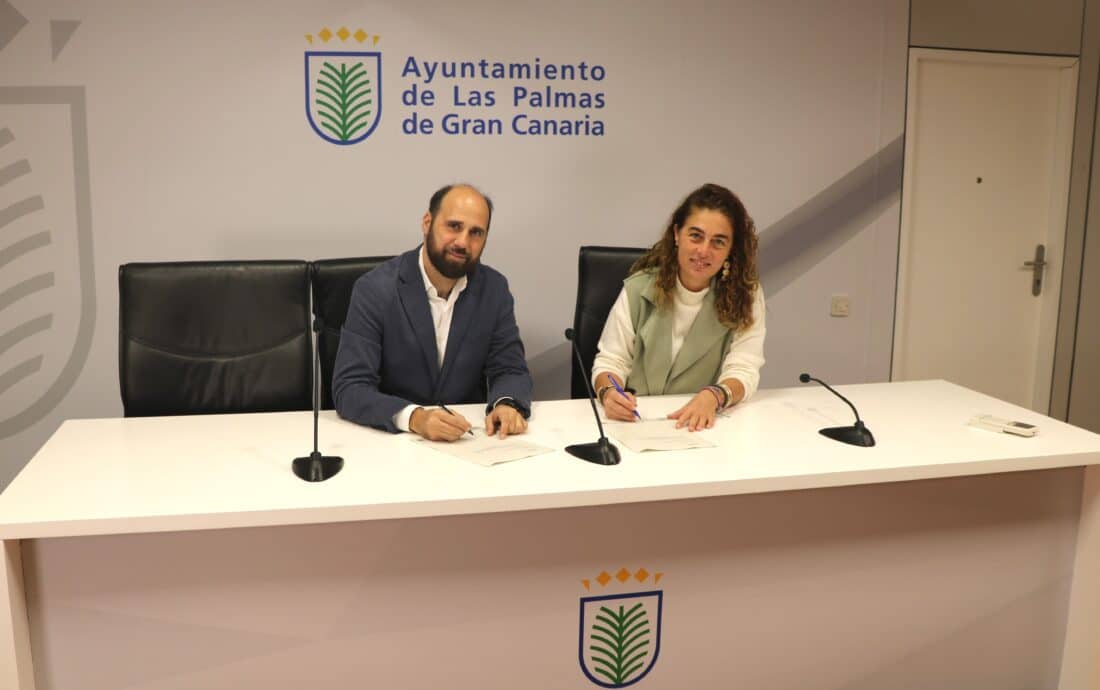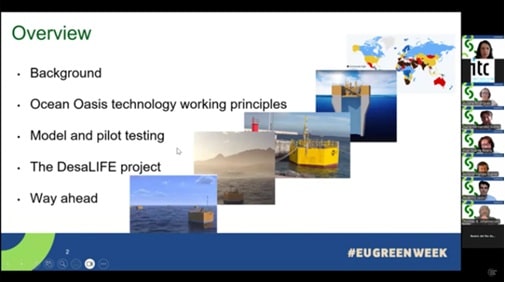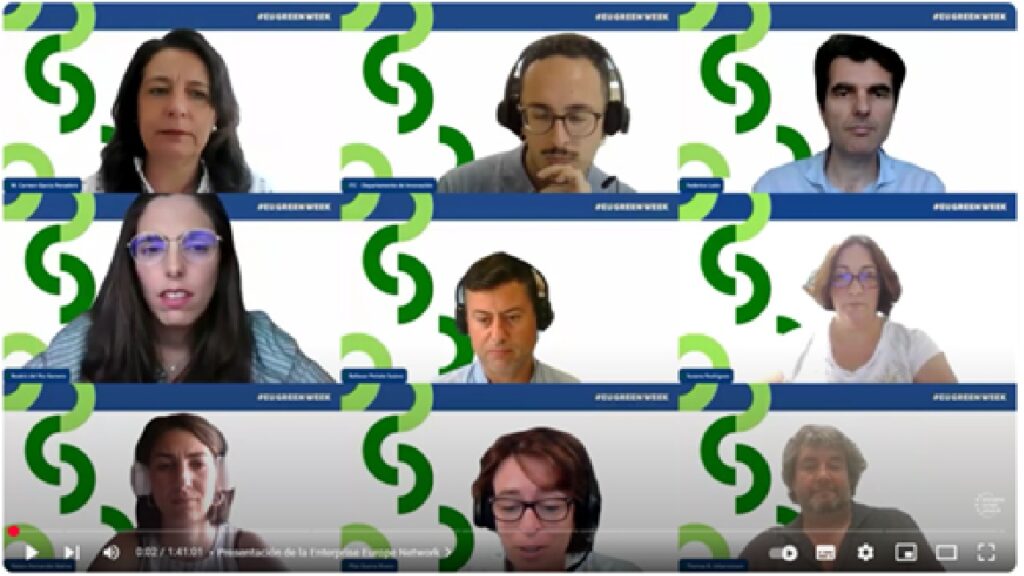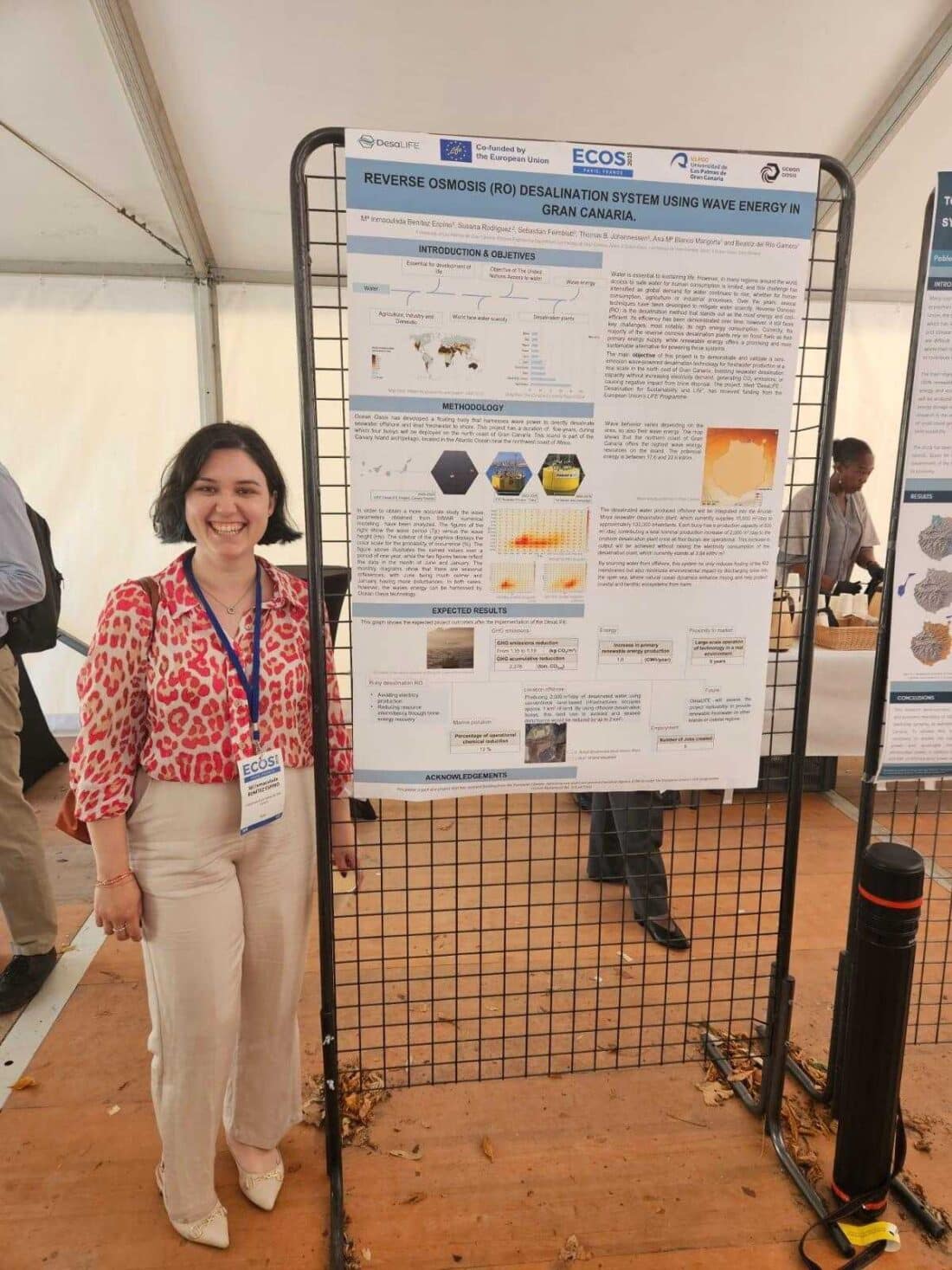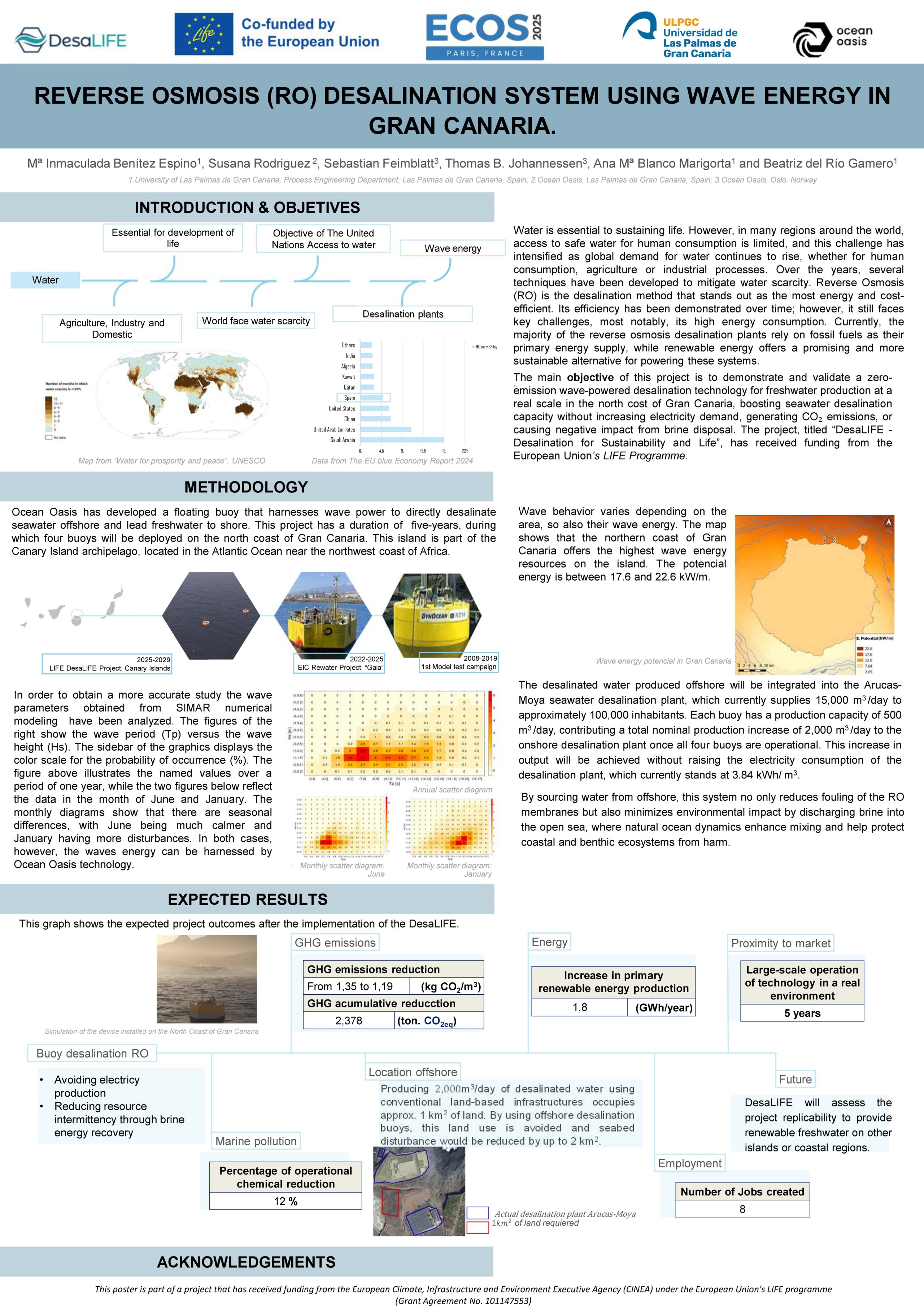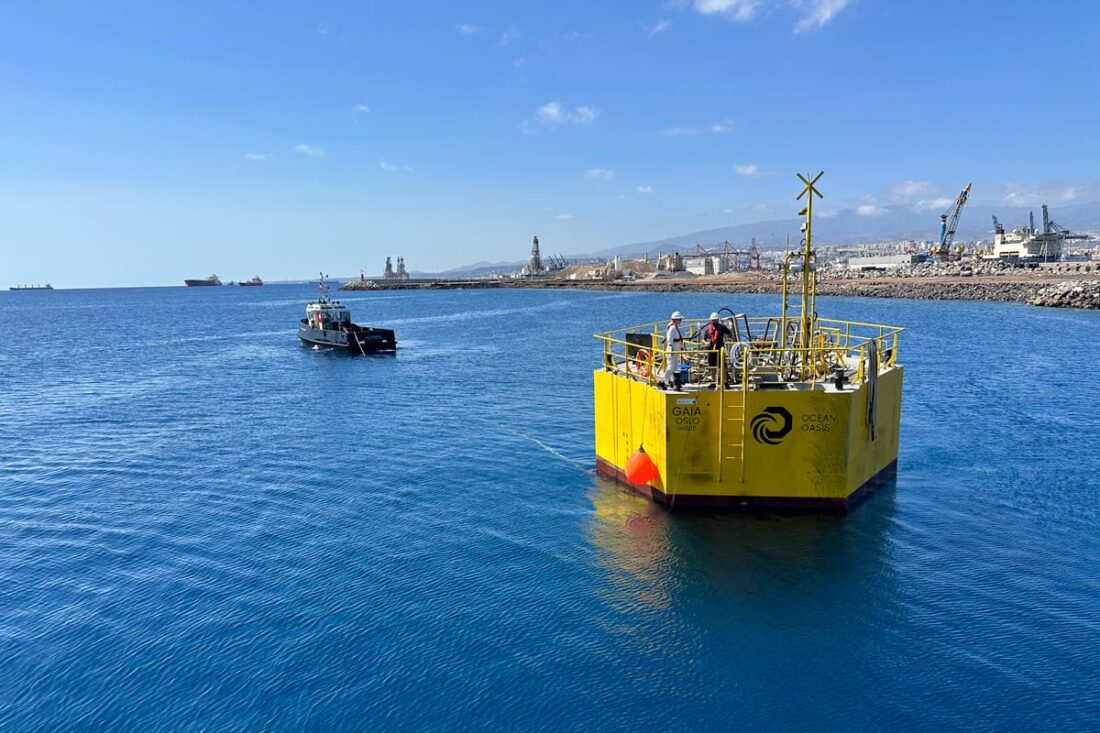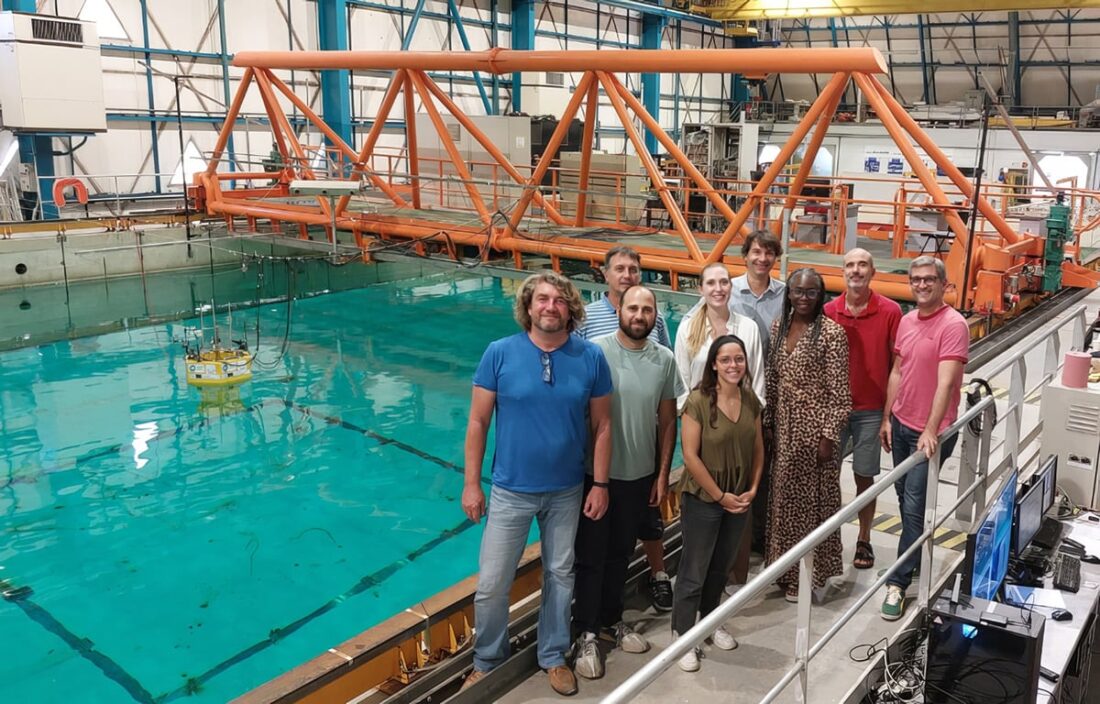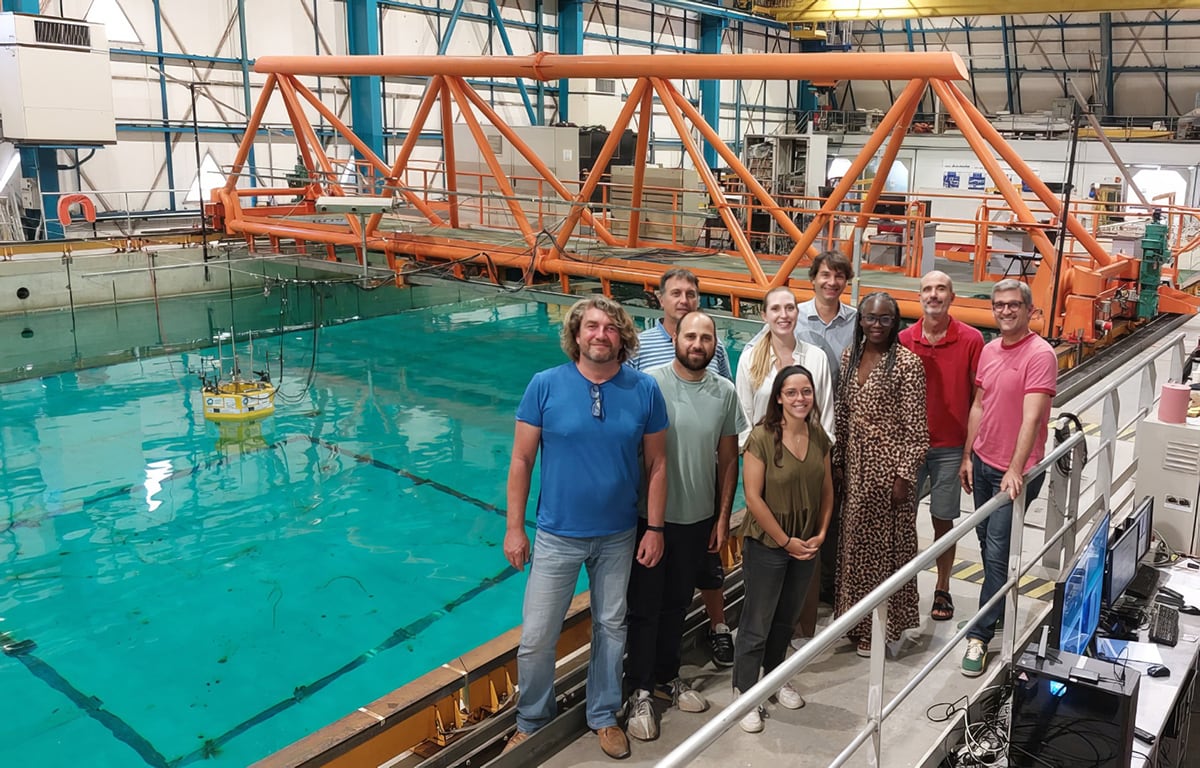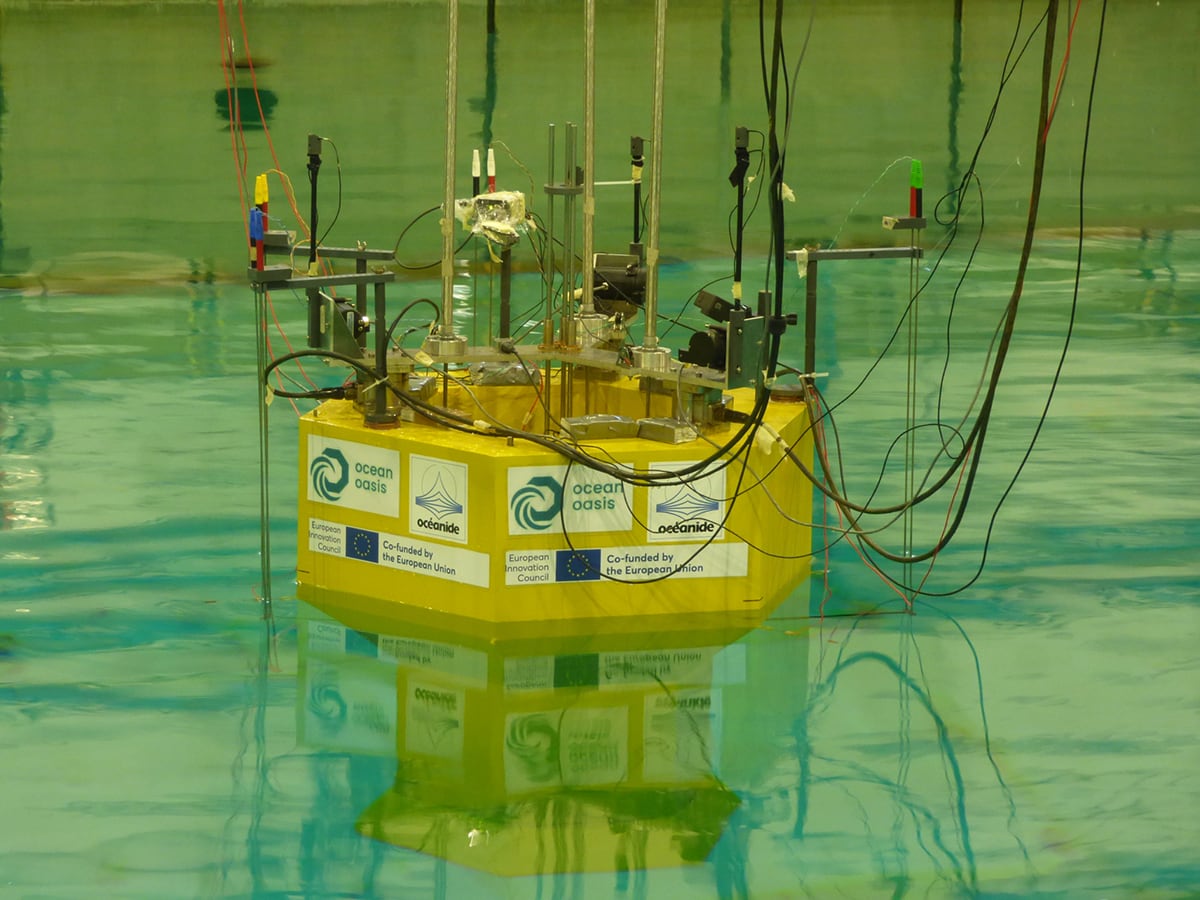Las Palmas de Gran Canaria y Ocean Oasis impulsan un estudio para evaluar la desalación con energía de las olas en el marco del proyecto europeo DesaLIFE
Las Palmas de Gran Canaria, 29 de enero de 2026. –
El Ayuntamiento de Las Palmas de Gran Canaria ha firmado un Memorando de Entendimiento (MoU) con Ocean Oasis para desarrollar un estudio de viabilidad sobre el despliegue de tecnología de desalación alimentada por energía undimotriz —cero emisiones y funcionamiento independiente de la red eléctrica— a lo largo del litoral municipal.
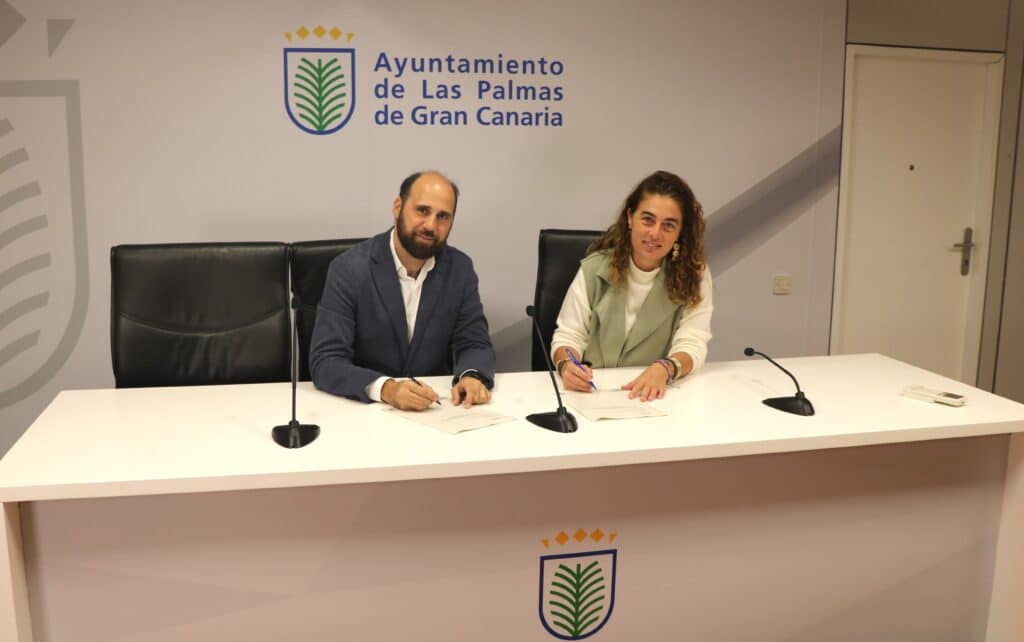
El trabajo evaluará las condiciones técnicas, ambientales, económicas y regulatorias para implantar sistemas descentralizados y autónomos capaces de producir agua dulce utilizando únicamente la energía mecánica de las olas, así como su potencial integración con el sistema hídrico municipal. Entre los posibles usos previstos se contemplan riego de parques y zonas verdes, aplicaciones agrícolas y el refuerzo de reservas estratégicas de agua. La iniciativa se enmarca en DesaLIFE, proyecto cofinanciado por la Unión Europea a través del Programa LIFE (CINEA), y contribuye a los objetivos regionales en materia de sostenibilidad, transición energética y resiliencia hídrica.
“Nos parece clave poder usar la creatividad y el conocimiento innovador que nace en nuestras islas en pro de la sostenibilidad, las energías limpias y la resiliencia hídrica. Este proyecto nos abre una puerta hacia una ciudad de futuro”, afirmó Martínez Soliño, Concejala de Desarrollo Estratégico, Sostenibilidad, Energía, Parques y Jardines y Sector Primario.
Para la elaboración del estudio, el Ayuntamiento aportará la información técnica necesaria y colaborará en el análisis regulatorio e institucional, mientras que DesaLIFE coordinará y ejecutará la investigación, compartiendo sus resultados con el consistorio para su evaluación.
Como parte del consorcio, en este estudio participarán investigadores del Grupo para la Investigación en Sistemas de Energías Renovables (GRRES) de la Universidad de Las Palmas de Gran Canaria, y del Instituto Tecnológico de Canarias, así como especialistas de la consultora Elittoral y del desarrollador Ocean Oasis. Además, se cuenta con la experiencia de la Plataforma Oceánica de Canarias, PLOCAN.
El acuerdo actual implica una voluntad de valorar conjuntamente el potencial de esta solución sostenible para el suministro de agua para riego al municipio y, si los resultados del estudio fueran positivos, avanzar en la posible implantación de esta tecnología en la costa de Las Palmas de Gran Canaria.
Más información: Nota de prensa del Ayuntamiento de Las Palmas de Gran Canaria: El Ayuntamiento evaluará el uso de la energía de las olas para desalación a través del proyecto europeo DesaLIFE
Esta comunicación refleja únicamente la opinión de sus autores y CINEA no es responsable del uso que pueda hacerse de la información aquí incluida.
All rights reserved © Ocean Oasis | Legal Notice | Privacy & Cookie Policy
